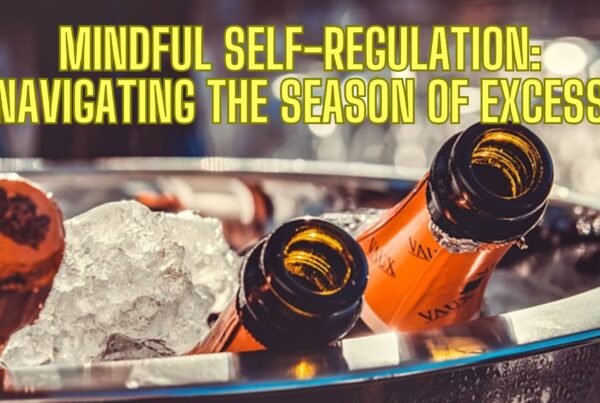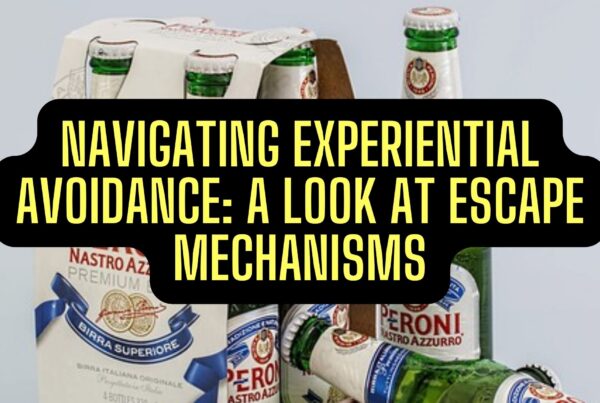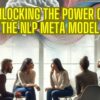Thoughts are Not Facts: Understanding the Power of Perspective
Challenging the Illusion
Have you ever found yourself caught up in a whirlwind of negative thoughts, racing through your mind like a hurricane? You’re not alone. In our fast-paced, information-saturated world, it’s easy to get swept away by our own thoughts and feelings. But here’s an important truth: thoughts are not facts. They are not objective, unchangeable truths about ourselves or the world around us. In fact, our thoughts are often colored by our emotions, biases, and personal experiences. Understanding this can be liberating, empowering us to break free from the shackles of anxiety and uncomfortable thoughts and feelings.
The Power of Perspective
Perspective plays a crucial role in how we interpret and react to our thoughts. Imagine yourself standing in front of a painting. From one angle, you might see vibrant colors and intricate details, while from another angle, you might notice flaws or imperfections. Our thoughts work in a similar way. They are influenced by the lens through which we perceive them, which can be distorted by our emotions and beliefs.
Research has shown that our thoughts can be influenced by cognitive biases, such as confirmation bias or catastrophizing. Confirmation bias leads us to seek out information that confirms our existing beliefs, while catastrophizing amplifies the negative aspects of a situation, making it seem far worse than it actually is. These biases can create a distorted reality, making us believe that our thoughts are factual and accurate reflections of the world.
Understanding the Mind’s Tricks
Our minds are masterful tricksters, often playing games with us by presenting thoughts as undeniable truths. But here’s the secret: thoughts are just mental events. They come and go, like clouds passing through the sky. When we label a thought as “good” or “bad,” we give it power and solidity. But in reality, thoughts are fleeting and malleable.
Mindfulness, a practice rooted in ancient traditions, offers a powerful tool for challenging the illusion of thoughts as facts. By cultivating an attitude of non-judgmental awareness, we can observe our thoughts without getting entangled in them. Instead of reacting impulsively to every thought that arises, we can learn to step back and see them for what they are: products of our minds.
The Freedom of Choice
Recognizing that thoughts are not facts gives us the freedom to choose how we respond to them. Instead of getting caught up in a negative thought spiral, we can consciously choose to shift our attention to more helpful or positive thoughts. This is not about suppressing or denying our thoughts, but rather acknowledging their presence and consciously deciding where to direct our focus.
Research has shown that mindfulness-based interventions, including hypnosis, can significantly reduce anxiety and help individuals gain control over their thoughts and emotions. A study published in the Journal of Consulting and Clinical Psychology found that participants who underwent hypnosis treatment experienced a reduction in anxiety symptoms and increased self-control compared to those in a control group.
Embracing Cognitive Flexibility
Cognitive flexibility is the ability to adapt our thinking patterns and perspectives. It allows us to consider alternative viewpoints and challenge rigid or unhelpful thoughts. By cultivating cognitive flexibility, we can break free from the confines of negative thinking and open ourselves up to new possibilities.
Think of your thoughts as trains passing through a station. You have the choice to hop on any train or let it continue on its journey without boarding. This metaphor reminds us that we are not obligated to buy a ticket and ride every train of thought that comes our way. We can let them pass, choosing instead to focus on thoughts that serve us well and support our well-being.
Rewriting the Narrative
In the realm of thoughts, we are the authors of our own stories. We have the power to rewrite the narrative and shape our reality. When a negative or anxious thought arises, we can question its validity and challenge it with evidence to the contrary. By reframing our thoughts and consciously choosing more balanced perspectives, we can break free from the grip of anxiety and uncomfortable feelings.
Remember, thoughts are not facts. They are the raw material from which our reality is constructed. By cultivating mindfulness, embracing cognitive flexibility, and rewriting our narratives, we can liberate ourselves from the confines of negative thinking and create a more empowering and fulfilling life.
So, the next time you find yourself caught in the whirlwind of your thoughts, take a step back, breathe, and remind yourself that thoughts are not facts. Embrace the power of perspective and choose the thoughts that shape your reality.
Release Hypnosis Melbourne Hypnotherapy
Since 2016, Lawrence Akers has been working under the name Release Hypnosis offering Hypnotherapy and ACT based work to the people of Melbourne or an online service. Based on St Kilda Rd, Release Hypnosis is an easy and convenient location to get to and accessible by the ANZAC station train and tram stop. Release Hypnosis can help with a wide range of presenting issues, and I offer a free 30 minute no obligation discovery call for those who are unsure if hypnotherapy is the right way forward for them.
Book Your FREE 30 Minute Consultation With Release Hypnosis NOW!
You may also like to read:
10 Daily Habits for Managing Anxiety and Stress
How to Relieve Anxiety at Bedtime: Tips for a Restful Night’s Sleep
The Power of Progressive Muscle Relaxation
Mastering Mindful Communication: Enhancing Relationships and Connections








